In 1981 I became the first African-American sister to work as a campus minister at a state university in the Bible Belt. I worked full time at Virginia State University, but I also was involved in ministry at four other predominately black universities.
Some people felt that the civil rights legislation of the 1960s answered all the dilemmas of race, but the legislation could not automatically remove fear and hatred from the hearts of individuals.
One evening I was asked to do a presentation about racism for a nearby parish. It meant I had to go to a part of town that was unfamiliar to me. I just knew the Ku Klux Klan was active in the area, and there had been protests and attacks. I do not seek out dangerous situations, but if I know there is a larger good that could come from my involvement, I will take that risk. Knowing that I would have to drive back home after dark, I told my friends that if I did not call them by midnight they should contact the authorities. I just knew I needed to be present at that parish to give witness at that time. Sometimes we just have to overcome fear and fulfill our convictions. Thank God, I made it home safely.
In 1990 I once again had the opportunity to live out my faith in a new way. A predominantly black parish in an inner-city neighborhood of Richmond lost its resident priest. I had attended this parish for years, and the bishop asked me if I would become pastoral coordinator for the parish. After a month of prayer, dialogue and advice, I accepted the leadership position. I had a double challenge in this situation: I was a woman in the Catholic Church, and I was a black woman leader in the South.
The dynamic was interesting, because many of the lay men would do anything I asked, but the women would have more questions or create conflict around my decisions. Prior to my leadership, the parish always had been led by a priest. When I took on the role of pastoral associate, there were times when I would be in meetings and if a white male said something, it would be held as gospel truth, but if a black woman raised the same point, it would be seen as suspect. Sometimes I felt I was being encouraged and supported and seen as a leader, but at other times people would leave a conversation with me and then go and try to find someone else to get the “right” answer.
Through all these challenges, I have tried to let people know that the Catholic Church is for everyone. I have hope in the future, because in my 75 years of life, I have seen how far we have progressed. I try to be patient. I try to put life in perspective. I know that our church and our world are not as they once were and they are not yet where I want them to be. But my hope is things will continue to get better. And I will always fight for that as long as I have energy. I will continue to live with the fulfillment of my convictions, and I will continue to move forward with the faith that God will help me to do what needs to be done. Cora Marie Billings, R.S.M., is a member of the Anti-racism Transformation Team for the Institute of the Sisters of Mercy of the Americas.

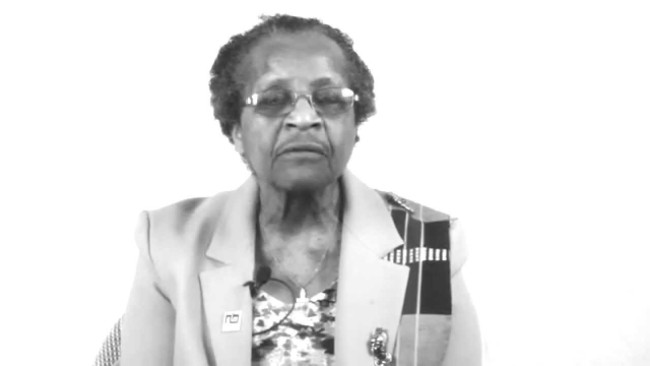




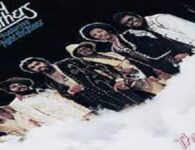

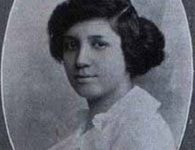
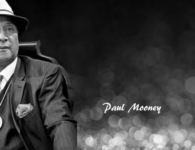
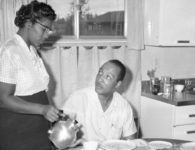
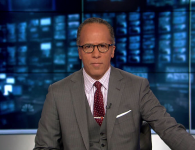
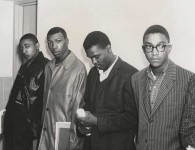


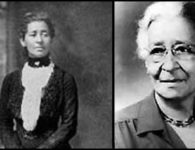
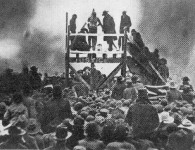
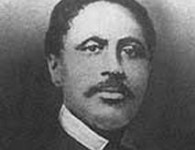

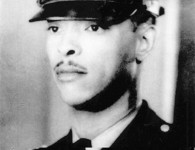
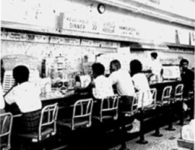

1 Comment
Courageous lady indeed!! Her intentions are the way so many of us think today.